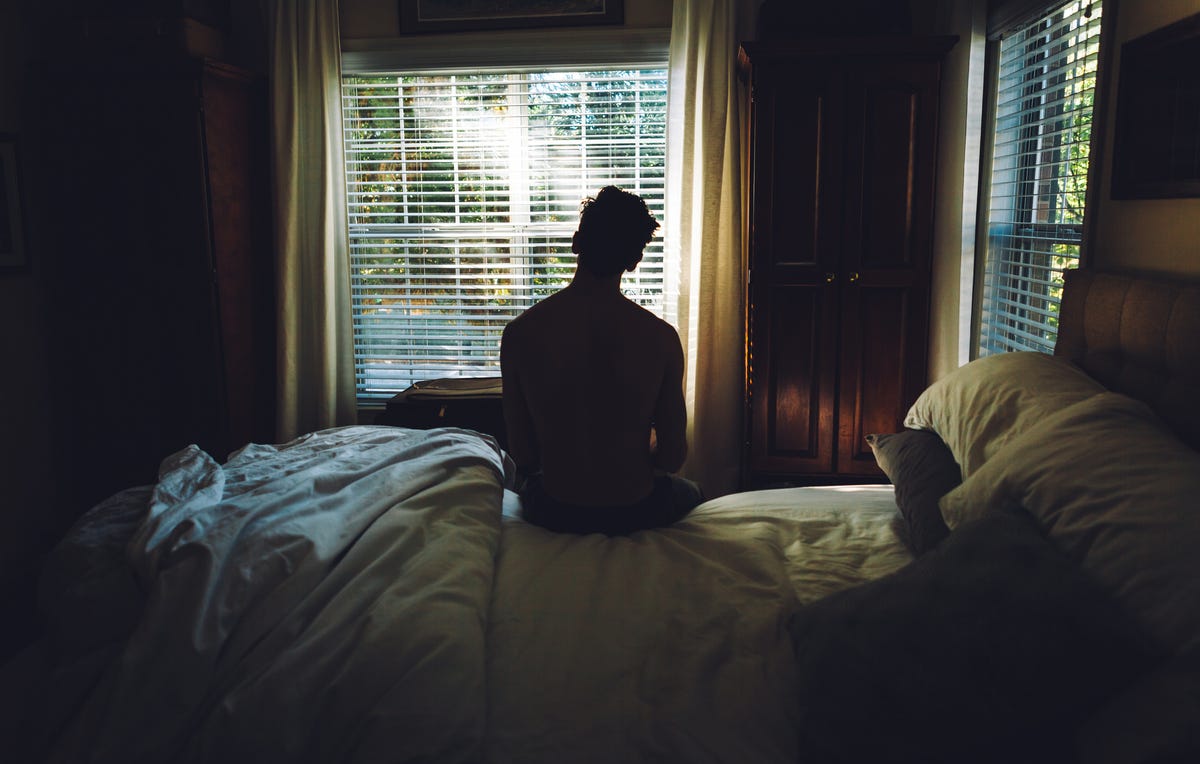Sleeping with mouth tape first hit the scene last year as a viral TikTok
sleeping hack. I’m not talking about the clear tape that you wrap gifts with. Several brands sell specialized tapes intended for wearing at night. This trick is supposed to help you get the best deep sleep of your life, but is it just another social media fad, or a dangerous method that should be ignored?
Anecdotal evidence suggests mouth taping might not be as outlandish as you think. The research behind the benefits is lacking, and there are safety risks that shouldn’t be ignored. Let’s discuss how to use mouth tape safely and who should skip this hack altogether.
What is mouth taping, and why would someone want to do it?
Mouth taping isn’t rocket science. By taping the mouth closed at night with a special, skin-safe tape, mouth-breathers are forced to breathe through their noses. We’re naturally designed to breathe in through our noses, according to medical experts. Nasal breathing produces something called nitric oxide.
“Nitric oxide is something that vasodilates your blood vessels. If you dilate your blood vessels, it’s going to help out with things like hypertension, which is a risk factor for stroke and heart disease. And it improves circulation,” says Dr. Rajkumar Dasgupta, a pulmonary and sleep specialist.
There are several notable benefits of breathing through your nose:
- It prevents your sinuses from drying out
- It helps filter out allergens
- It reduces anxiety
- It lowers your blood pressure
- It gives you better breath and oral health
If you’re cringing at the thought of not being able to move your mouth, you’re not alone, but mouth taping doesn’t involve completely taping your mouth closed. The tape is porous and you can still breathe around it. The point is that it keeps your mouth closed instead of wide open and drooling on your pillow. You’re not in danger of being unable to force your mouth open.
The causes of mouth breathing can vary, and sometimes it’s just due to habit. With more severe mouth breathing, the main culprits are nasal blockages, deviated septum and sleep apnea.
Breathing through your mouth is not bad, but it’s not the healthiest or most effective way to breathe. It also can have some pretty serious, long-term side effects. Because mouth breathing can cause low oxygen concentration in the blood, it contributes to health issues like high blood pressure and heart problems.
Breathing through your mouth can also cause wear and fractures, cavities and impacted teeth. Mouth breathers also have higher levels of gingivitis and halitosis.
Chances are, you’re not choosing to breathe through your mouth, but it can take some retraining to switch; hence the popularity of mouth taping.
Does mouth taping work?
The jury is still out on the effectiveness of mouth taping for sleeping — there isn’t much clinical research out there on the practice. There is anecdotal evidence that people are trying it and having some success. Lauren Forbes commented on the mouth-taping video, “I used to be a mouth breather but trained myself to only breathe through my nose. It’s soooo much healthier for so many reasons!!”
“My mum started doing this when I was a kid and she went from having frequent severe asthma attacks to mild, manageable asthma,” Lauren Sargeant added to the comments.
Still, there isn’t any scientific evidence to say whether mouth-taping truly helps you sleep better. A 2015 pilot study found that oral patches can help people with sleep apnea. The study only included 30 participants, a sample size too small to draw significant conclusions. Another study in 2009 found that mouth taping isn’t effective for people with asthma.




